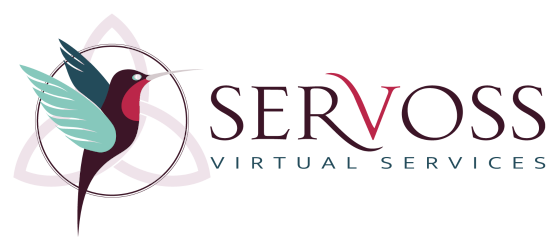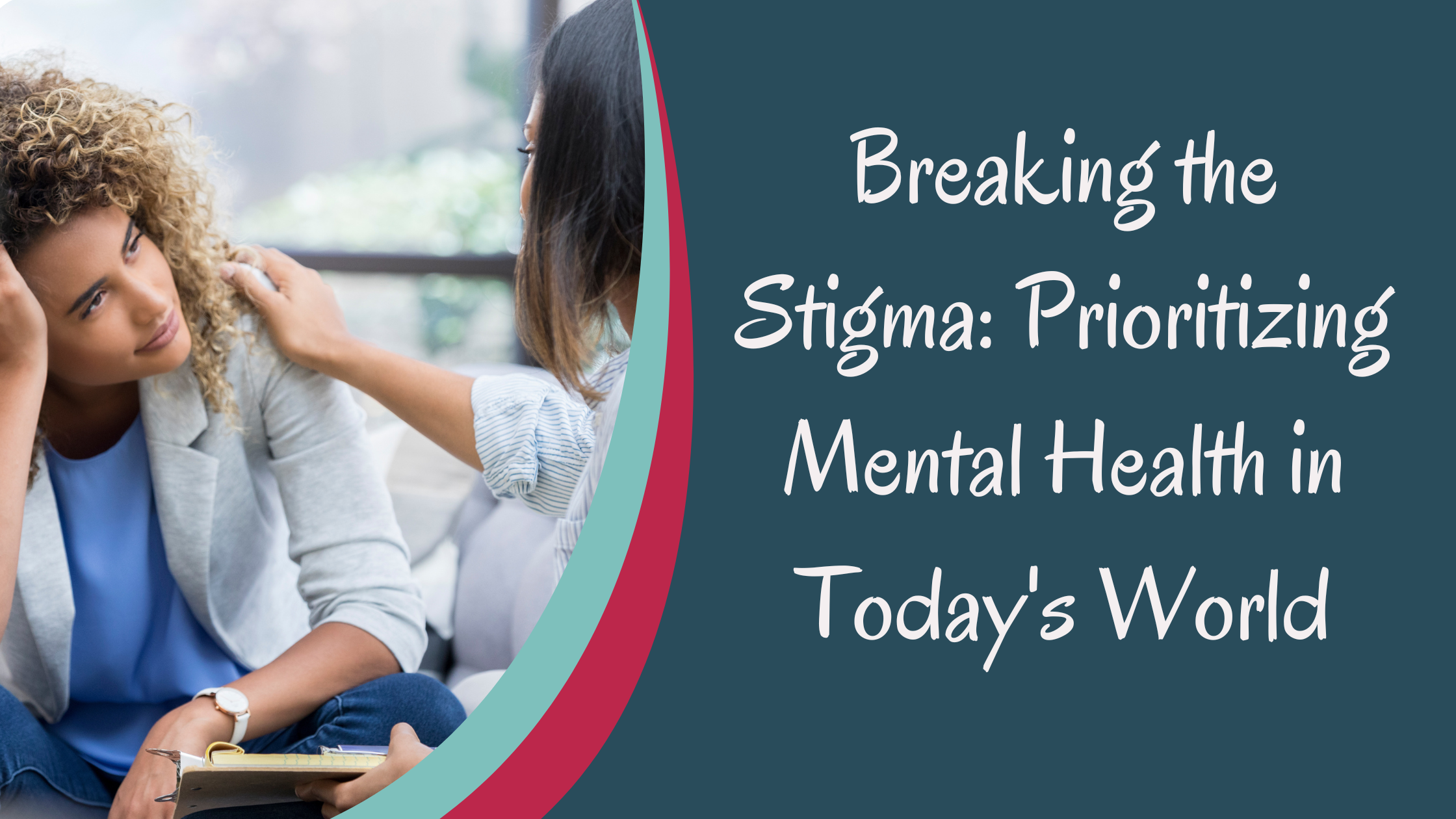May is National Mental Health Month, a time to raise awareness about the importance of mental health and to encourage people to seek help if they need it. Mental health issues can affect anyone, regardless of age, gender, race, or socioeconomic status. However, many people still feel ashamed or embarrassed to talk about their mental health or seek help.
If you’re struggling with mental health issues, it’s important to know that you’re not alone, and that there are resources available to help you. Here are some tips for getting the help you need:
- Recognize the signs of mental health issues: Mental health issues can take many different forms, and they can affect people in different ways. Some common signs of mental health issues include changes in mood or behavior, trouble sleeping or eating, difficulty concentrating, and feelings of hopelessness or worthlessness.
- Talk to someone: It’s important to talk to someone about your mental health issues, whether it’s a friend, family member, or a mental health professional. Talking about your feelings and experiences can help you process them and find ways to cope.
- Seek professional help: If your mental health issues are interfering with your daily life, it may be time to seek professional help. There are many different types of mental health professionals, including therapists, psychiatrists, and psychologists. You can find a mental health professional in your area by contacting your insurance provider, searching online, or asking for a referral from your primary care physician.
- Practice self-care: Self-care is an important part of maintaining good mental health. This can include things like getting enough sleep, eating a healthy diet, exercising regularly, and practicing relaxation techniques like meditation or deep breathing.
- Be patient: It’s important to be patient with yourself as you work through your mental health issues. Recovery is a process, and it may take time to see progress. Remember that seeking help is a sign of strength, not weakness, and that there is hope for a brighter future.
National Mental Health Month is a reminder that mental health is just as important as physical health, and that seeking help is a courageous and important step towards healing. If you or someone you know is struggling with mental health issues, don’t hesitate to reach out for help.
There are many online resources available to support your mental health, whether you’re looking for information, support, or treatment. Here are some online mental health resources that you may find helpful:
- National Alliance on Mental Illness (NAMI): NAMI is a national organization that provides education, support, and advocacy for people affected by mental illness. They offer a variety of online resources, including information on mental health conditions, support groups, and a helpline.
- Mental Health America (MHA): MHA is a nonprofit organization that promotes mental health and wellness. They offer a variety of online resources, including mental health screenings, information on mental health conditions, and a directory of mental health services.
- Substance Abuse and Mental Health Services Administration (SAMHSA): SAMHSA is a government agency that provides resources and treatment for mental health and substance abuse issues. They offer an online treatment locator, a national helpline, and information on mental health and substance abuse conditions.
- Crisis Text Line: Crisis Text Line is a free, 24/7 crisis support service that provides text-based support to people in crisis. You can text HOME to 741741 to connect with a trained crisis counselor.
- BetterHelp: BetterHelp is an online counseling service that provides therapy via phone, chat, or video. They offer licensed therapists who specialize in a variety of mental health issues, and you can access their services from anywhere with an internet connection.
- Headspace: Headspace is a meditation and mindfulness app that can help you manage stress, anxiety, and other mental health issues. They offer guided meditations, sleep sounds, and mindfulness exercises.
Remember, while online resources can be helpful, they are not a substitute for professional mental health treatment. If you are struggling with mental health issues, it’s important to seek help from a licensed mental health professional.


No responses yet